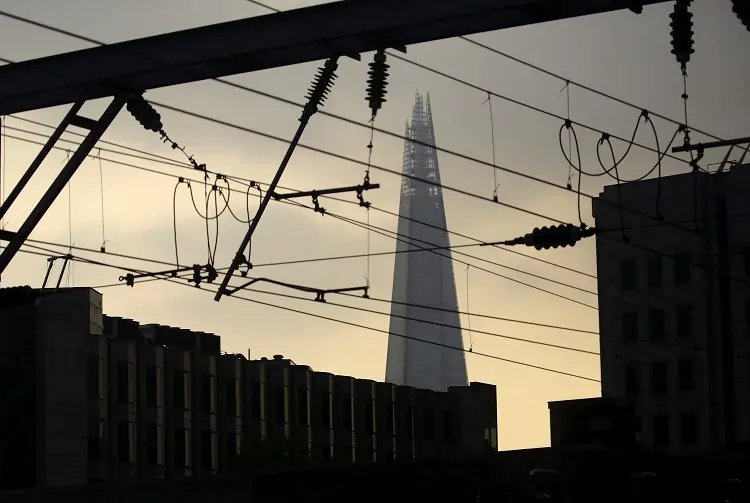Energy bills to rise for most Britons after 1.2% price cap rise


LONDON (Reuters) -Millions of British households will see
LONDON (Reuters) -Millions of British households will see energy bills tick up in January after regulator Ofgem said it would increase its domestic price cap by 1.2% from January as volatile wholesale energy markets kept prices high.
The rise, though small, adds to cost of living concerns after British inflation accelerated by more than expected last month to move back above the Bank of England’s 2% target, driven largely by a 10% increase in the energy price cap in October.
Energy secretary Ed Miliband said the rise would be a concern for families struggling with the cost of living and said the government was working to cut the country’s reliance on global fossil fuel markets to reduce energy prices.
Wholesale gas and power prices are a major part of the formula Ofgem uses to calculate the price cap. Prices have remained high this year due to concerns over supply relating to conflict in the Middle East and flows to Europe from Russia via Ukraine which are expected to cease at the end of the year.
Ofgem’s new cap of 1,738 pounds ($2,182) a year for average use of electricity and gas is up 21 pounds, or 1.2%, from 1,717 pounds under the previous cap.
Consumer groups warned that prices remain unmanageable for many households and criticised the government’s change to an annual winter fuel payment for millions of pensioners by moving the support to a means-tested system.
It is “vital the ministers bring in more support for vulnerable households this winter and speed up plans to bring in a social tariff for next winter,” said Simon Francis, coordinator of the End Fuel Poverty Coalition.
Miliband said the government is providing its Warm Home Discount support to three million families and working with energy suppliers to ensure there is help available.
About 26 million customers are on standard rate tariffs covered by the price cap, which was introduced in 2019 to protect consumers.
($1 = 0.7964 pounds)
(Reporting by Susanna Twidale in London and Yadarisa Shabong in BengaluruEditing by Sherry Jacob-Phillips and Gareth Jones)
The energy price cap is a limit set by Ofgem on the amount energy suppliers can charge customers on standard variable tariffs, aimed at protecting consumers from excessive charges.
Inflation is the rate at which the general level of prices for goods and services rises, eroding purchasing power. It is often measured by the Consumer Price Index (CPI).
Ofgem, the Office of Gas and Electricity Markets, is the regulator for the electricity and gas markets in Great Britain, ensuring consumers are protected and that the markets operate fairly.
Means-tested benefits are financial assistance programs that provide support based on an individual's or household's income and savings, determining eligibility for assistance.
Explore more articles in the Finance category
